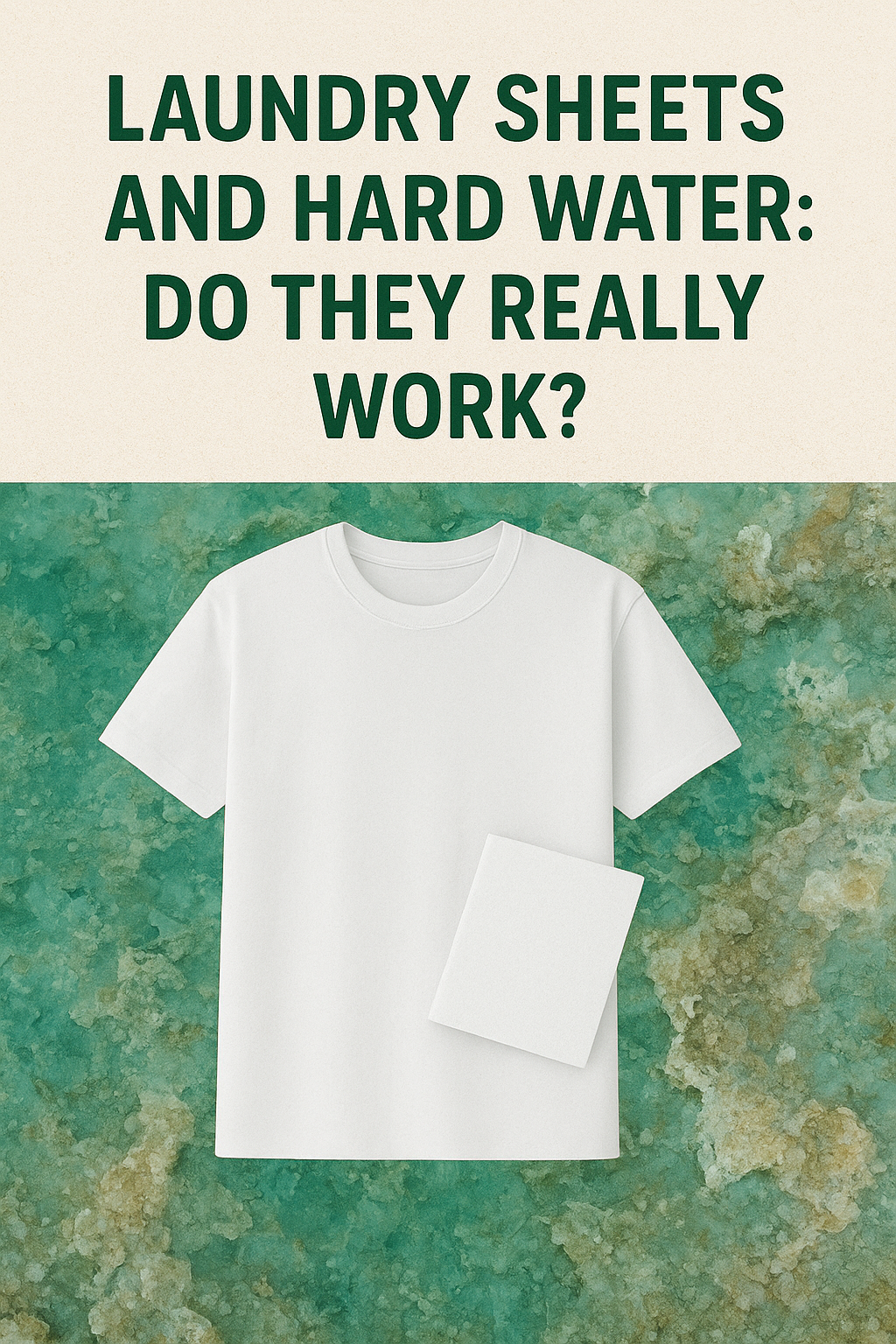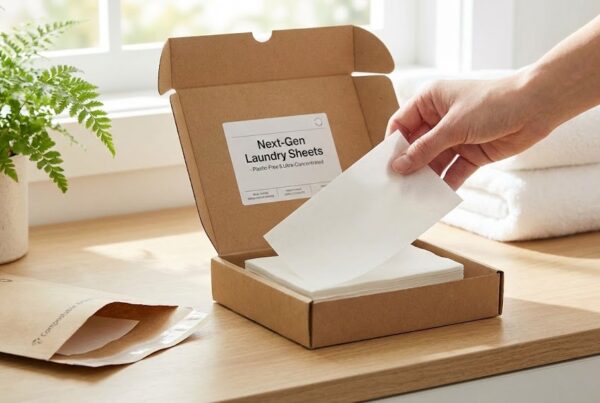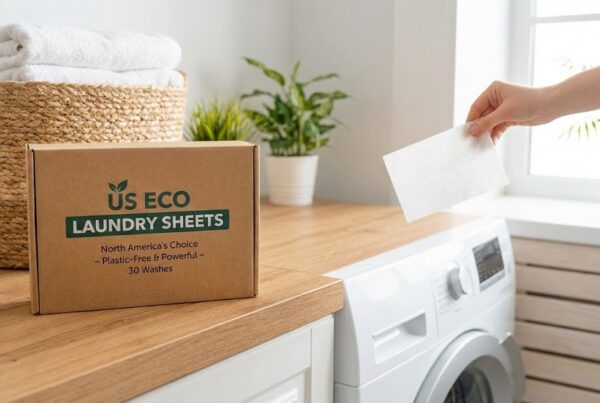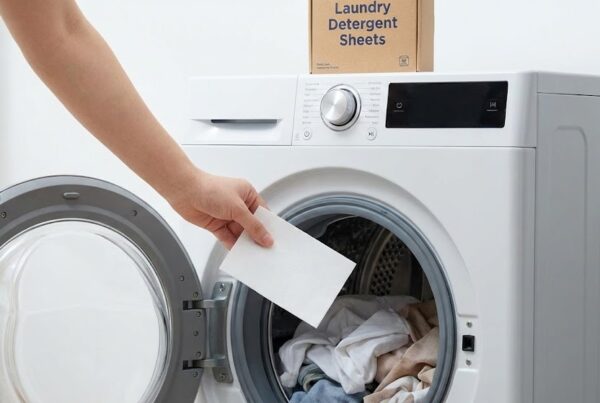Laundry Sheets and Hard Water: Do They Really Work?
When doing laundry, water quality plays a major role in how effective your detergent is. If you live in an area with hard water—water high in minerals like calcium and magnesium—you’ve probably noticed that soap doesn’t lather well or clothes come out feeling stiff. But do laundry sheets still perform well in these conditions? Let’s explore how they handle hard water and what you can do to maximize results.
What Is Hard Water and Why Does It Matter
Hard water contains dissolved minerals that can interfere with the performance of cleaning agents. When these minerals bind with surfactants (the active cleaning ingredients), they reduce the detergent’s ability to lift and remove dirt and stains. Over time, this can lead to:
-
Soap residue left on fabrics
-
Dull or gray clothes
-
Reduced detergent efficiency
-
Buildup in washing machines
Traditional liquid and powder detergents often require softeners or boosters to perform well in such conditions. But laundry detergent sheets are changing the game.
How Laundry Sheets Perform in Hard Water
Modern laundry sheets are designed with high-efficiency surfactants and chelating agents that help neutralize minerals in hard water. Here’s how they make a difference:
-
Chelating Agents – These ingredients bind to calcium and magnesium ions, preventing them from interfering with the cleaning process.
-
Highly Concentrated Formulas – Unlike diluted liquid detergents, sheets contain condensed active ingredients that maintain cleaning power even in mineral-rich water.
-
Quick Dissolution – Laundry sheets dissolve completely in both hard and soft water, ensuring no residue remains on clothes.
-
Eco-Friendly Advantage – No need for plastic packaging or extra additives—just a clean, efficient wash with less environmental impact.
In short, while hard water may challenge traditional detergents, laundry sheets maintain effective cleaning performance through modern formulation technology.
Washing Tips for Hard Water Areas
To get the best out of your laundry sheets when using hard water, follow these expert washing tips:
✅ Use the right amount – Avoid under-dosing; one sheet per regular load or two for heavily soiled clothes ensures full performance.
✅ Try warm water washes – While laundry sheets dissolve well in cold water, a slightly warmer cycle can improve cleaning in hard water.
✅ Add a rinse cycle – This helps remove any mineral residue and keeps fabrics soft.
✅ Clean your washing machine – Use a machine cleaner or vinegar rinse monthly to prevent limescale buildup.
✅ Consider a water softener – If your water is extremely hard, installing a home softening system can improve both laundry results and appliance longevity.
Why Laundry Sheets Are Still a Smart Choice
Even in hard water, laundry sheets offer consistent cleaning power with multiple benefits:
-
Compact, space-saving packaging
-
No spills or measuring required
-
Travel-friendly and TSA-approved
-
Eco-friendly and biodegradable formulations
These advantages make laundry detergent sheets a practical solution for anyone seeking convenience and sustainability—no matter their water type.
Final Thoughts
If you’re concerned about detergent performance in hard water, switching to laundry sheets can simplify your routine and improve results. Thanks to their advanced formulas and mineral-binding technology, they deliver clean, fresh, and residue-free laundry—proving that even hard water can’t stand in the way of innovation.





